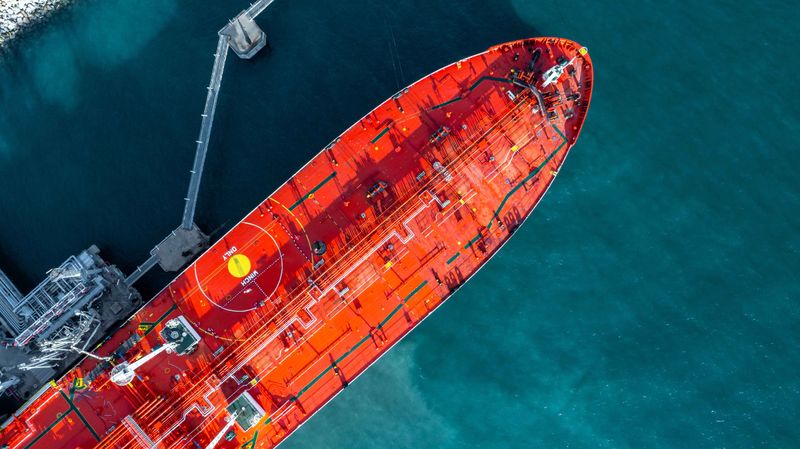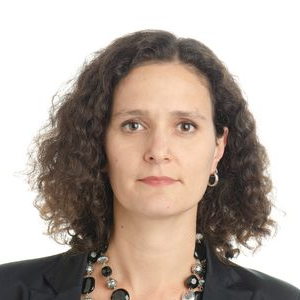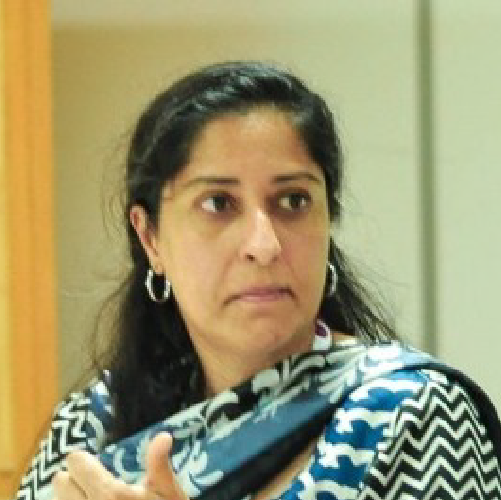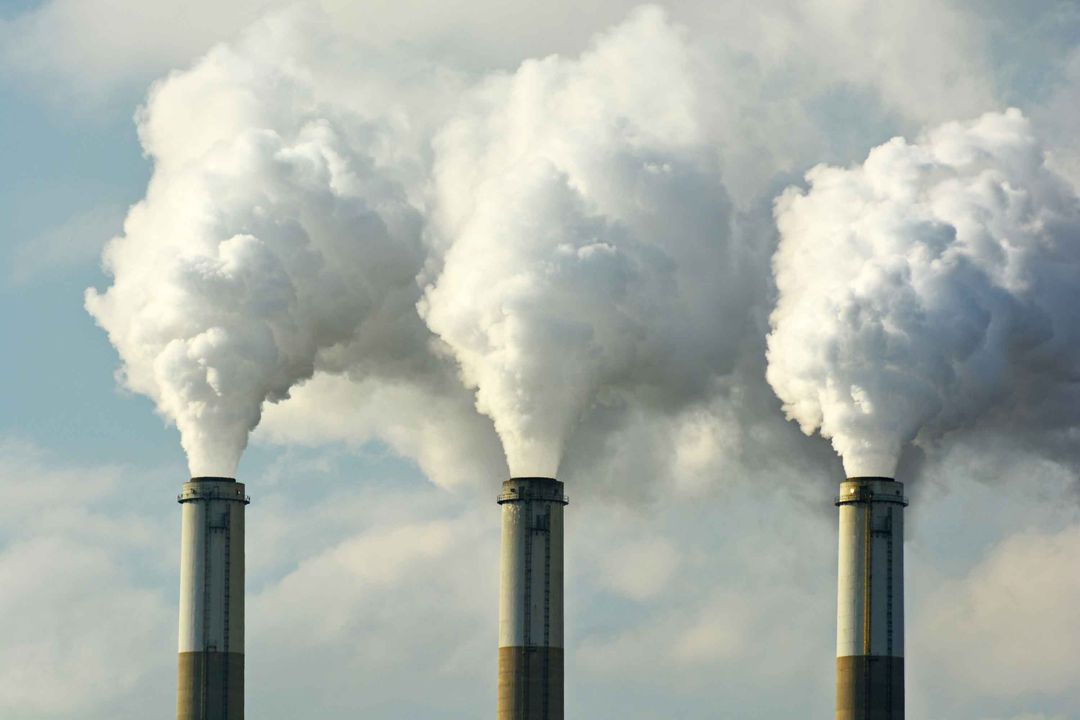
About
Launched at COP28 in November 2023, and co-chaired by Barbados, France and Kenya, the Global Solidarity Levies Task Force: For People and the Planet brings member countries together to explore feasible, scaleable and sensible options for climate levies. These levies can be implemented to help the world fulfill its Paris Agreement commitments.
The key aims of the task force are to foster political will around options for progressive levies to support climate and development action, and to bring together coalitions of willing countries to become frontrunners for implementing specific progressive levy options.
The task force will help ensure industries and individuals contribute more to financing the fight against climate change, based on the pollution they produce, while bringing equitable climate justice to our current financial system. The task force is open to participation from countries around the world, and will consult with experts across disciplines.
The task force will conclude its work at COP30 in 2025, with an announcement by its co-chairs on options for implementing progressive international levies.
Areas of inquiry
The Global Solidarity Levies Task Force: For People and the Planet is mandated to explore the impact of a range of levies to finance development, nature and the fight against climate change, including:

Fossil Fuel Levy or Carbon Damages Levy

Fossil Fuel Windfall Profits Levy

Financial Transactions Levy

Fossil Fuel Subsidy Phase Out

Private Air Passenger Levy

Maritime Fuel Levy
Our Story
Expert Group

Pascal Saint Amans
Professor of Taxes at Lausanne University and partner at the Brunswick group

Vera Songwe
Chair and founder of Liquidity and Sustainability Facility & Co- Chair of High-Level Expert Panel on Climate Finance

Amar Bhattacharya
Senior fellow, Center for Sustainable Development, Global Economy and Development program at Brookings

Dora Benedek
Deputy Division Chief at the Tax policy division of the Fiscal Affairs Department of the International Monetary Fund

Luiz Awazu Pereira

Marilou Uy
Non-Resident Senior Fellow for the Global Economic Governance

Attiya Waris
Associate professor, Commercial Law Department, School of Law

Fadhel Kaboub
Associate professor of economics at Denison University, and President of the Global Institute for Sustainable Prosperity

Jeromin Zetellmeyer
Director of Bruegel

Logan Worth
Executive Secretary, African Tax Administration Forum

Ramy Youssef Mohamed
Chair to the Ad Hoc Committee to Draft Terms of Reference for a United Nations Framework Convention on International Tax Cooperation

Michael Keen
Ushioda Fellow, Tokyo College – University of Tokyo, Senior fellow Ferdi. Former Deputy Director of the Public Finance Department, International Monetary Fund

Kurt Van Dender
Acting Head of the Tax Policy and Statistics Division, OECD

Muhammad Imran Khan
Senior Program Manager – UNSG Climate Action team, UN
Frequently Asked Questions
The Global Solidarity Levies Task Force: For People and the Planet is a hub for coalitions of countries to come together to explore how to implement progressive solidarity levies to generate new sources of urgently-needed climate and development finance.
- Co-chairs: Barbados, France and Kenya
- Members: Antigua & Barbuda, Colombia, Marshall Islands, Senegal, and Spain
- Observers: European Commission, IMF, UN
The task force was officially launched at COP28 in Dubai in 2023 by Barbados, France and Kenya.
The task force will focus on fostering political will and creating coalitions of willing countries to advance various options for international solidarity levies, to fund climate and development action.
It will look at options that have the potential to mobilize finance at scale while bringing more climate justice and equity to our current financial system, by ensuring the most polluting industries (fossil fuel extraction, aviation, shipping and financial services) and people contribute to financing the fight against climate change and inequalities.
By 2030, developing countries excluding China must mobilize USD $2.4 trillion of public revenues each year to ensure they remain on track to meet the objectives of the Paris Agreement. Implementing global levies would provide a sustainable and predictable source of revenue to support their transition, and that is why this initiative can play a crucial role in a just transition to net zero.
We must ensure that our global financial system better reflects the current needs of society, rather than those rooted in the mid-20th century when it was first established. Many heavily polluting industries have been historically protected from levies and taxes and haven’t paid their share in our collective work to transition to a net-zero economy. We are providing them with a means and opportunity to do so.
Target sectors could include major contributors to greenhouse gas emissions, such as oil and gas companies, heavy industries, aviation, and maritime shipping, as well as the financial sector.
Our solidarity levies won’t increase the cost of living for ordinary citizens or impact
things like household bills. This would be counterproductive to our objective of
supporting those who bear the heaviest burdens of the effects of climate change. We will instead ensure that polluters pay more to tackle climate change, which is a global challenge.
We are not reinventing the wheel and there is precedent for our work. For example, the Unitaid airline levy, where countries from around the world (such as Mali, Mauritius, Chile, Brazil, Korea and France) have been using the proceeds to fill a particular gap in global health spending (paying for a mechanism to squash drug prices). On average, low-income countries that participate in this airline levy scheme receive 10 times more than what they pay into it. For this reason, many NGOs and think tanks that support the V20 and the Bridgetown Initiative are also supporting the Global Solidarity Levies Task Force: For People and the Planet.
The task force is keen to ensure that all of its work is complementary to other
existing initiatives like the UN Tax Convention, the OECD Tax Policy reforms, the
IMO shipping levy discussions and the G20 wealth tax discussions.
The task force, its co-chairs and members, all support the idea of progressive levies
to raise money for climate and development. We believe that by enabling coalitions
of willing countries to become the first-movers on these options, we can raise
urgently-needed revenues in a shorter time frame, while also laying the groundwork
and building momentum for the success of other initiatives and scaling up the
solidarity levies we will propose.
There are no specific criteria to join the task force. Countries joining only have to show that they are politically willing to support one or several of the levy options put on the table, and support the global solidarity levy agenda.
The potential revenue will be explored in detail in a rigorous research and consultation phase, and through specific impact studies into each levy option.
Existing research has shown that levies could raise:
- Financial Transactions: a 0.1% levy on the trading of stocks and bonds could deliver up to $418 bn per year on a global level (WIFO 2019 study).
- Levy on aviation: an aviation levy could raise up to $150 bn per year on a global scale (CAN-Europe 2023).
- Levy on maritime shipping: a levy of $150/ton C02 would raise up to $80bn for a year (IDDRI 2023 and one of the official proposals).
- Fossil fuel companies windfall profits levy:
- A fossil fuel extraction levy of $5/ton C02 would raise $210 bn per year rising to an average of $300bn per year by 2050 – assuming significant reduction in demand and an increase of the rate of $10 per ton annually to reach $250 a ton by 2050 (Stamp Out Poverty 2023).
- A levy on windfall profits of 10% would have raised $300 bn in 2022 as net income for fossil fuel producers in 2022 was $4 trillion with an implied windfall profit of $3 trillion globally (World Energy Investment 2023).
ECF manages the Secretariat of the Global Solidarity Levies Task Force: For People and the Planet to support the country co-chairs and members.
The Secretariat is co-led by Laurence Tubiana and another high-level figure from another region.
Impact Studies
At the meeting, the task force launched impact studies to look at specific levies to carefully consider their potential based on the following criteria:
Revenue collected and how they will be used: to ensure revenues are adequate to needs and allocated to climate-positive investments, adaptation projects, and assisting developing nations in their climate efforts
National and international equity: to ensure the most polluting industries and individuals contribute while ensuring balance and avoiding a disproportionate impact on vulnerable economies
The economic impact: a robust global climate tax should be designed to effectively create an incentive to curb carbon emissions while ensuring political feasibility, minimum distortive effect, and equity
The scalability of the instrument: to ensure new countries can easily join the first-movers political feasibility, to explore the easiest options to implement the options.
Contact Us
Get in touch with us if you have any media or any other inquiries
Stay up to date
Sign up to or newsletter to keep up to date with the latest from Global Solidarity Levies Task Force






